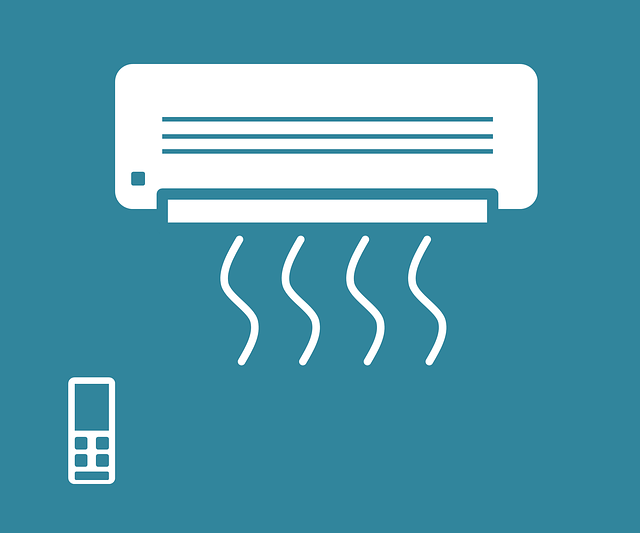Hybrid water heater tanks seamlessly integrate solar thermal systems for efficient, sustainable residential hot water heating. These advanced systems combine traditional storage heaters with solar energy, preheating water and storing excess heated water for later use. Integrating solar thermal technology reduces energy consumption, costs, and carbon footprints while promoting energy independence. Technical considerations include system compatibility, tank capacity alignment with demand and climate, and efficient gas or electric heater selection. Precise installation, strategic placement, secure connections, and adequate insulation ensure optimal performance, offering long-term cost savings and environmental benefits through solar energy reliance.
“Explore the future of energy-efficient heating with the harmonious pairing of hybrid water heater tanks and solar thermal systems. This comprehensive guide delves into the seamless integration of these technologies, offering an eco-friendly solution for your home.
We’ll dissect the benefits of combining these systems, from reduced energy bills to minimized environmental impact. Technical aspects of setup and maintenance are covered, ensuring a smooth transition. Discover how this innovative approach enhances hot water sustainability, making it a game-changer in residential heating.”
- Understanding Hybrid Water Heater Tanks and Solar Thermal Systems
- Benefits of Integrating Solar Thermal with Water Heater Tanks
- Technical Considerations for Seamless Pairing
- Installation, Maintenance, and Long-Term Performance
Understanding Hybrid Water Heater Tanks and Solar Thermal Systems

Hybrid water heater tanks are innovative solutions that seamlessly integrate with solar thermal systems, offering an efficient and sustainable way to heat water for residential use. These advanced systems combine the traditional storage water heaters with solar energy technology, allowing homeowners to harness the power of the sun to meet their hot water needs. By utilizing solar thermal systems, users can significantly reduce their reliance on conventional heating methods, such as gas or electric tank heaters, and enjoy cost savings and environmental benefits.
In a typical setup, solar thermal systems capture sunlight and convert it into heat energy, which is then transferred to the water storage system. This process effectively preheats the water stored in hot water tanks, reducing the overall energy requirement for heating. The hybrid design further enhances efficiency by allowing the system to store excess heated water during sunny periods for later use, ensuring a continuous supply of hot water throughout the day, even on cloudy days or during peak demand. This integration of solar energy with storage water heaters represents a significant step forward in residential water heating technology, promoting energy independence and sustainability.
Benefits of Integrating Solar Thermal with Water Heater Tanks

Integrating solar thermal systems with water heater tanks offers numerous benefits for both residential and commercial settings. By harnessing the power of the sun, these combined systems significantly reduce energy consumption and associated costs. Solar thermal technology heats water using renewable energy, which can then be stored in efficient storage water heaters or tank water heating systems. This approach not only diminishes reliance on traditional water heaters but also contributes to a substantial decrease in carbon footprint.
Moreover, the pairing enhances overall system efficiency. Hot water storage tanks can store excess solar-heated water during peak sun hours for later use, ensuring a steady supply even when sunlight is unavailable. This flexibility and backup capability make hybrid systems particularly advantageous, especially in regions with varying weather conditions. Such integration also allows for better management of hot water demands, providing an eco-friendly solution that complements the transition towards more sustainable energy practices.
Technical Considerations for Seamless Pairing

When integrating a hybrid water heater tank with a solar thermal system, several technical considerations ensure seamless pairing. Compatibility between the two systems is paramount; modern hybrid tanks often come with advanced control mechanisms that can interface with solar energy monitoring software, enabling efficient energy management. This integration allows for smart adjustments in water heating based on available solar power, optimizing both energy usage and cost savings.
The tank capacity and hot water storage capabilities should align with the household’s demands and the local climate to maximize efficiency. For instance, larger tanks may be beneficial in regions with varying weather patterns to ensure a consistent hot water supply during peak demand periods. Additionally, the selection of gas tank heaters or electric tank heaters within the hybrid system should consider energy efficiency ratings, ensuring they complement the renewable energy source provided by solar panels for a more sustainable and cost-effective solution.
Installation, Maintenance, and Long-Term Performance

The seamless integration of a hybrid water heater tank with a solar thermal system requires careful installation to optimize performance and efficiency. This involves strategically placing the tanks, connecting them to the solar collectors, and ensuring proper insulation for minimal heat loss. Maintenance is relatively straightforward, focusing on regular cleaning and inspection to prevent buildup and ensure the system operates at peak efficiency. Regular checks of pressure relief valves, connections, and the overall condition of the tanks are crucial.
Long-term performance of hybrid systems can be exceptional due to solar energy’s free and abundant nature. Over time, these systems can significantly reduce reliance on conventional energy sources, translating into substantial cost savings for homeowners. Proper selection of tank capacity based on household needs and climate conditions ensures efficient hot water storage and distribution. Both gas tank heaters and electric tank heaters have their merits, with the former offering faster heating but higher energy costs, while the latter are more energy-efficient but may require more space for adequate hot water storage, or residential water tanks in various configurations to suit diverse preferences and requirements.
Hybrid water heater tanks paired with solar thermal systems offer a sustainable and efficient solution for heating water. By seamlessly integrating these technologies, homeowners can reduce energy consumption, lower utility bills, and contribute to a greener environment. With proper technical considerations, installation, and maintenance, this pairing provides long-term performance and a reliable source of hot water. Embracing hybrid systems is a smart step towards a more sustainable future.






